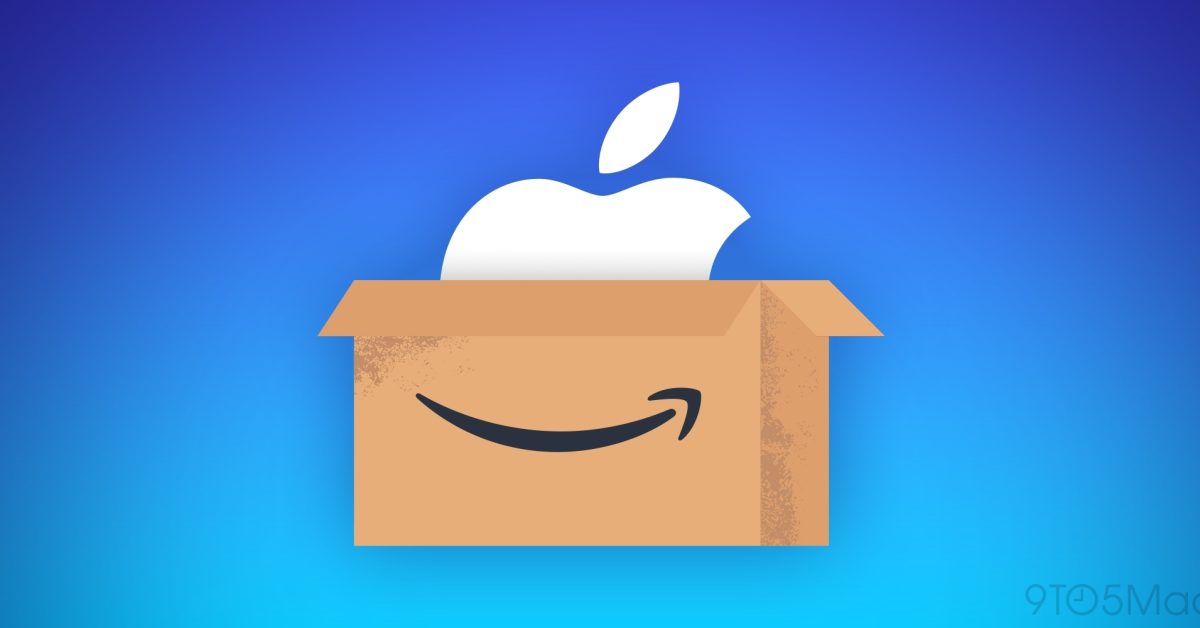
ios 26 2 will remove a key Apple is reportedly set to remove a significant feature from iOS 26.2, impacting iPhones and Apple Watches in the European Union as part of its compliance with the EU’s Digital Markets Act (DMA).
ios 26 2 will remove a key
Background on the Digital Markets Act
The Digital Markets Act, which came into effect in the European Union in May 2023, aims to promote fair competition and innovation in the digital marketplace. It targets large tech companies, often referred to as “gatekeepers,” that hold significant market power. The legislation is designed to prevent anti-competitive practices and ensure that smaller companies can compete on a level playing field.
Among its various provisions, the DMA mandates that these gatekeepers must allow third-party apps and services to interoperate with their platforms. This includes requirements for data portability and interoperability, which are intended to enhance user choice and reduce dependency on a single service provider.
Impact on Apple’s Ecosystem
As a major player in the tech industry, Apple has been scrutinized for its ecosystem, which tightly integrates its hardware and software. The company has historically maintained a closed environment, which has raised concerns among regulators and competitors alike. The removal of certain features in response to the DMA highlights the challenges Apple faces in balancing its business model with regulatory compliance.
Details of the Feature Removal
According to a recent report, iOS 26.2 will eliminate the ability for iPhones to sync Wi-Fi networks with Apple Watches in the EU. This feature has allowed users to seamlessly connect their Apple Watch to Wi-Fi networks previously used on their iPhones, enhancing the user experience by providing convenience and continuity.
The decision to remove this feature is significant for several reasons. First, it disrupts the seamless integration that Apple users have come to expect from their devices. The ability to sync Wi-Fi networks has been a hallmark of the Apple ecosystem, allowing for a more cohesive user experience. Without this feature, users may find themselves needing to manually enter Wi-Fi credentials on their Apple Watches, which could lead to frustration and inconvenience.
Stakeholder Reactions
The response from stakeholders has been mixed. Some users have expressed disappointment over the removal of the feature, citing the convenience it provided. Others have raised concerns about the broader implications of the DMA on user experience and innovation. Critics argue that while the DMA aims to foster competition, it may inadvertently lead to a diminished user experience for consumers.
On the other hand, proponents of the DMA argue that such regulations are necessary to ensure that large tech companies do not stifle competition. They contend that Apple’s decision to remove the feature is a direct response to the pressures imposed by the DMA, which could ultimately lead to a more competitive market in the long run.
Implications for Future Updates
The removal of the Wi-Fi syncing feature may set a precedent for future updates to Apple’s software and hardware. As the EU continues to enforce the DMA, Apple may be compelled to make additional changes to its ecosystem. This could include further reductions in features that promote a closed environment, potentially impacting other functionalities across its devices.
Moreover, the implications of the DMA extend beyond just Apple. Other tech giants, including Google and Microsoft, may also need to reassess their practices in light of the new regulations. This could lead to a broader shift in how technology companies approach interoperability and user data management.
Consumer Choices and Market Dynamics
The removal of the Wi-Fi syncing feature could influence consumer choices in the marketplace. Users who prioritize seamless integration between devices may seek alternatives that offer similar functionalities. This could benefit competitors who provide more open ecosystems, thereby increasing competition in the market.
As consumers become more aware of their options, companies may need to adapt their strategies to retain customer loyalty. This shift could lead to increased innovation as companies strive to differentiate themselves in a more competitive landscape.
Apple’s Strategic Response
In response to the evolving regulatory landscape, Apple may need to adopt a more flexible approach to its product offerings. The company has historically been resistant to changes that could compromise its ecosystem’s integrity. However, with the DMA’s implications becoming more pronounced, Apple may find it necessary to adapt its strategies to remain compliant while still delivering value to its users.
Apple has already begun to make adjustments in other areas of its business, such as enhancing privacy features and increasing transparency regarding data usage. These changes indicate a willingness to adapt to regulatory pressures while maintaining its core values. However, the removal of the Wi-Fi syncing feature may signal a more significant shift in how Apple approaches its product ecosystem.
Looking Ahead: The Future of Apple’s Ecosystem
The future of Apple’s ecosystem remains uncertain as the company navigates the complexities of regulatory compliance. The removal of the Wi-Fi syncing feature is just one example of how the DMA is reshaping the landscape for tech companies operating in the EU. As Apple continues to respond to these challenges, it will be crucial for the company to strike a balance between compliance and user satisfaction.
In the coming months, Apple may unveil additional changes to its software and hardware in response to the DMA. Users can expect to see updates that prioritize interoperability and data portability, potentially reshaping how they interact with their devices. While these changes may initially be met with resistance, they could ultimately lead to a more competitive and innovative market.
Conclusion
The removal of the Wi-Fi syncing feature in iOS 26.2 for EU users underscores the significant impact of the Digital Markets Act on major tech companies like Apple. As the company adapts to regulatory pressures, the implications for user experience, market dynamics, and future innovation will be profound. Stakeholders will be closely monitoring how Apple navigates these challenges and what it means for the broader tech landscape.
Source: Original report
Was this helpful?
Last Modified: November 6, 2025 at 10:38 am
2 views















